Scott: We Need To Cut Back On Salt Lake Superiority
November 13, 2020
Whether it be over football or politics, there has always been tension between the Salt Lake City metropolitan area and Utah County. The way both communities view one another is entrenched in rivalry, but I have to say that, as a Salt Lake resident myself, the derision we express toward anyone south of our immediate bubble is getting old.
https://twitter.com/_b_a_y_l_e_e__/status/1324003837691113478
Following the recent election, my social media feed was filled with screenshots of a tweet that read, “I’m from Salt Lake City, not Utah” above an election map. I understand that people were likely just attempting to express their grievances about an inordinately contentious election, but it reminded me of a conversation I had two years ago with a prominent local activist who said she “didn’t believe in volunteering anywhere past 2300 south.” As someone who has spent most of their life living much further south than that, it felt alienating. And as someone who wants to see positive political change in Utah, it was frustrating.
Change requires long-term vision, and those who fight for it shouldn’t treat it as something that ends at their community’s border. There are far-reaching policy changes that would benefit people all over the state, and we can only accomplish them if we see ourselves as connected to them. It is ignorant to act as if a city can be magically isolated from its greater environment. Salt Lake might be a haven for Utah’s political minority, but the community is in constant interplay with the surrounding state and statewide Legislature. Salt Lakers who pitch themselves as the morally and intellectually superior minority have chosen to emphasize ego over the future success of policies they care about.
It is also worth noting that, as time goes on, there will be at least some shifting of political and economic power out of Salt Lake and toward cities in Utah County. Natalie Gochnour, director of the Kem C. Gardner Policy Institute, has argued that the Point of the Mountain and the Lehi areas are quickly becoming the “uptown” to Salt Lake City’s “downtown.” Gochnour said, “Population, power, political power, economic power, are all shifting south in the state.”
According to a 2017 research brief by the Kem C. Gardner Policy Institute, Utah County’s population will nearly reach the population of Salt Lake County by 2065. Earlier this year, the U.S. Census Bureau released a report on the fastest-growing regions across the country, citing three Utah areas — and none of them were within Salt Lake County. Not only is Utah County’s growth impossible to ignore, but many people will also actively wish to relocate there for tech jobs, which are growing twice as fast as other states, and affordable, family-friendly communities. Utah County residents are ready to urbanize, planning for a future of walkable mixed-use urban centers and public transportation instead of farmland. To ignore the things Utah County does right is to ignore the future of the Wasatch Front.
As frustrating as Utah County can at times be — the rejection of a county mayor-style government and mass parties during a pandemic come to mind — it is a flawed course of action to act as if our communities are so very different. No one should react to Utah County’s COVID-19 cases spiking by rejoicing on Twitter or signing a petition to build a wall on Salt Lake County’s southern border. They are our neighbors, and if this pandemic has taught us anything, it is that all communities are hurting right now. And while it is understandable that miscommunication will occur during times of strain, we must be careful about leveraging hubris and disdain. This is hardly the political moment to double-down on division.


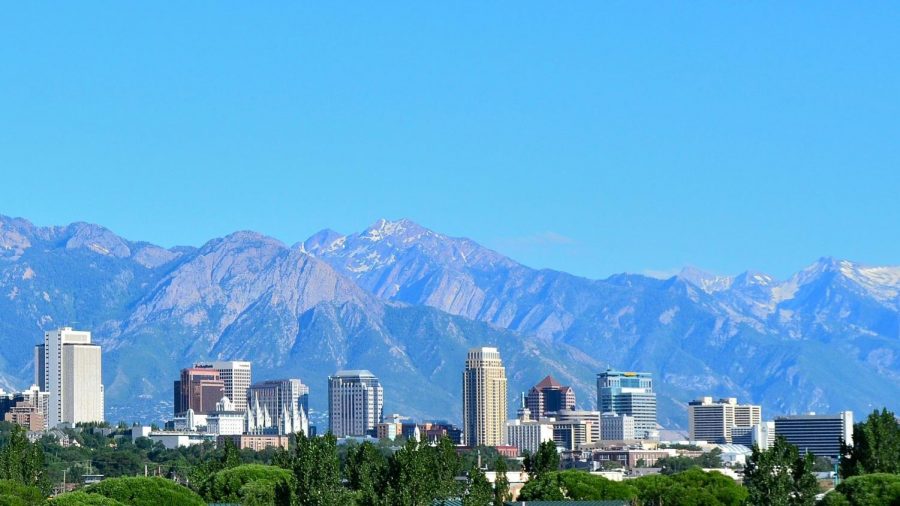

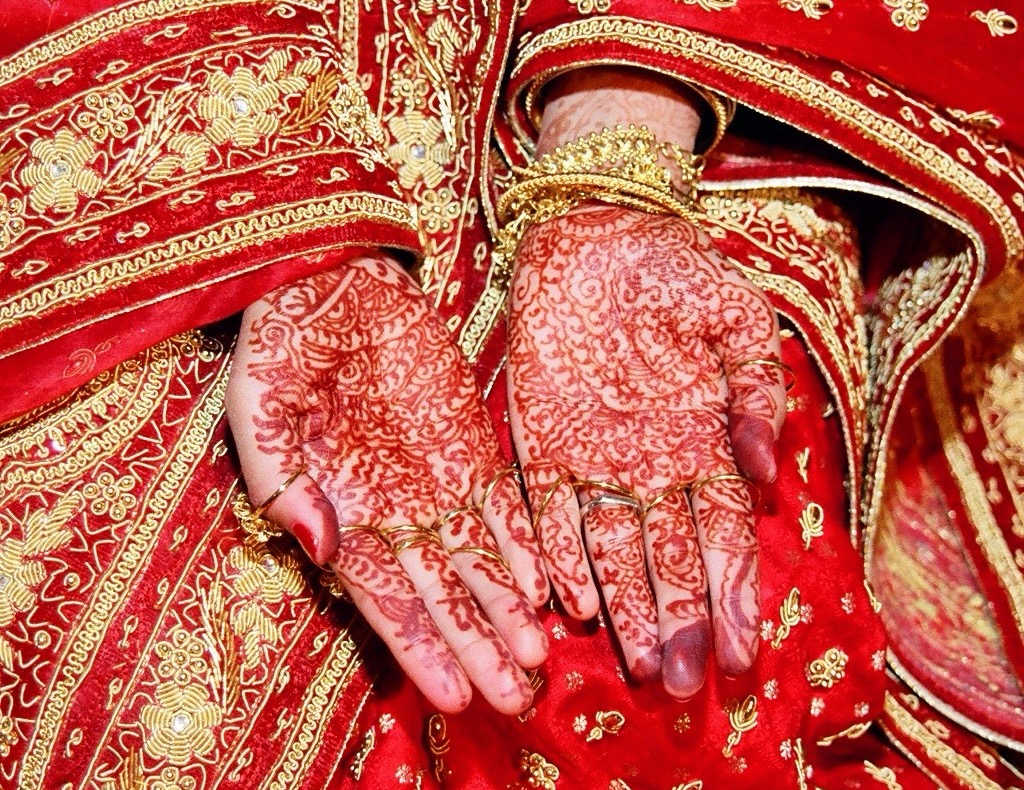
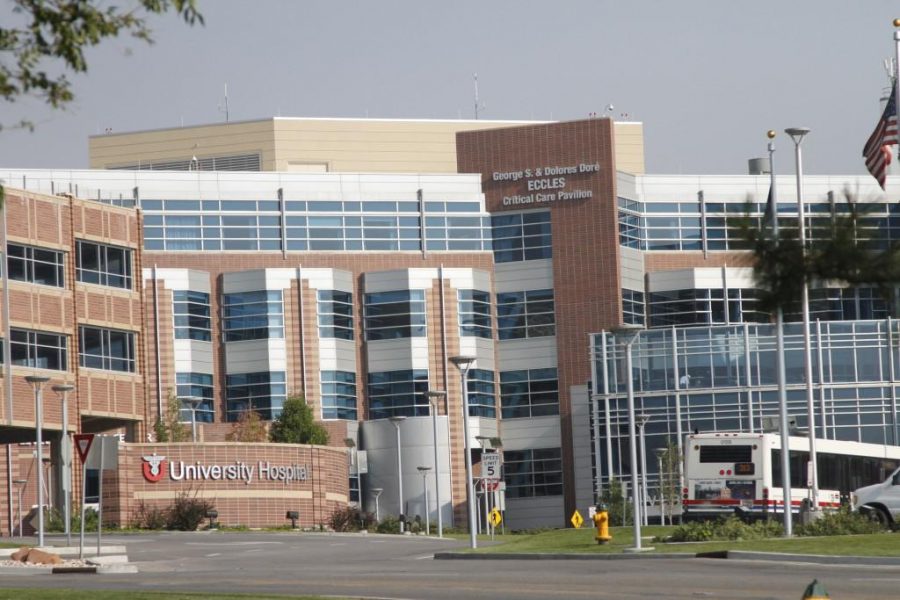
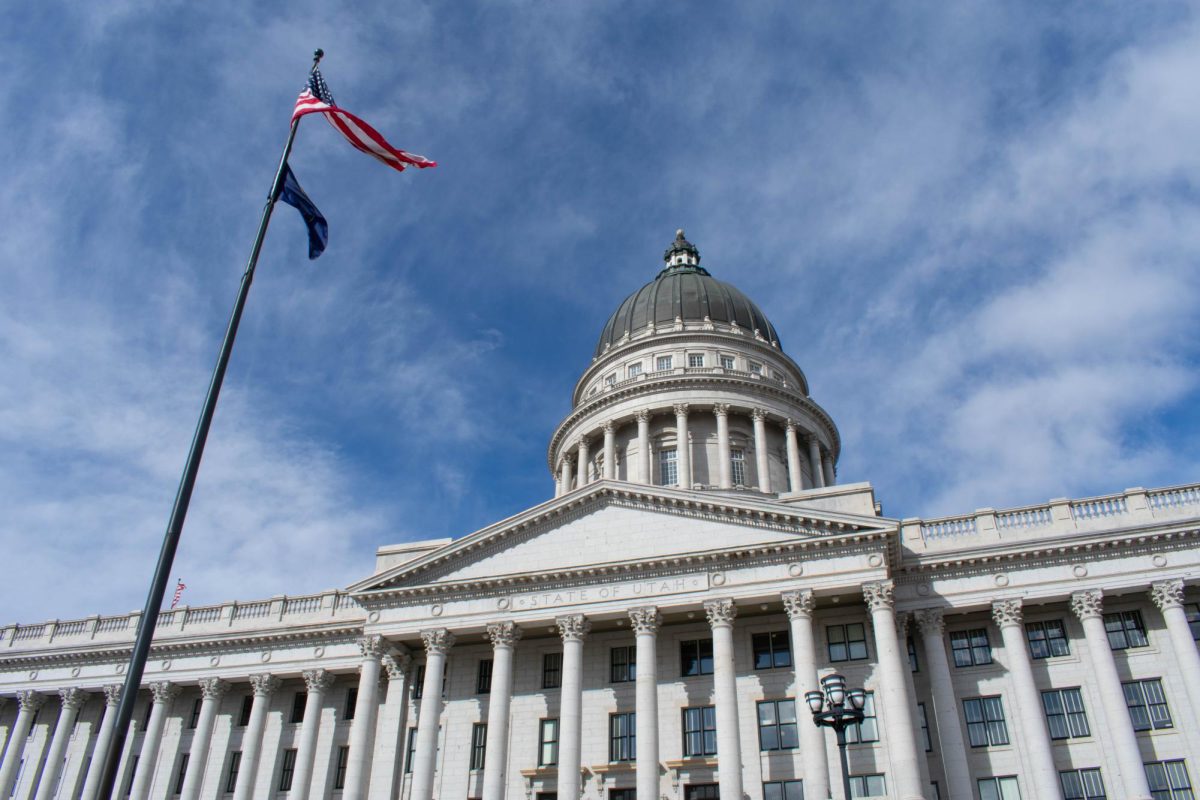
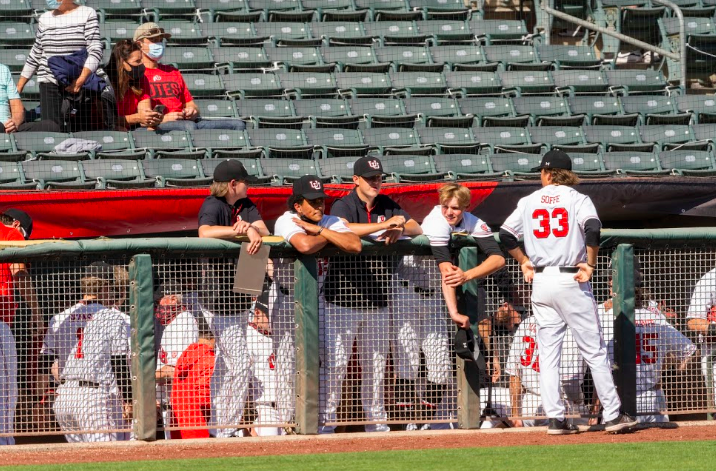




Kenneth • Dec 1, 2020 at 3:00 am
Salt Lake definitely wasn’t superior in this election. Glad our less populated but apparently much more freedom-loving neighbors took up our slack.
Jacob • Nov 22, 2020 at 10:00 am
Very well expressed. Divisiveness and cheering other’s downfall is not the answer and anyone who says otherwise is naive and immature. As a liberal who tends to vote blue, I agree wholeheartedly with the sentiments of this article. The members of the left who think that the ends justify the means and that their bad behavior in favor of the left’s agenda is justified so long as it’s directed at attacking the right are missing the point of progressivism, their half-assed politics is just cheap wokeism and being tribalistic and condescending virtue-signalers. While republicans can put forth some petty, garbage candidates like Mike Lee and burgess Owens, we also have undeniably good republicans like Spencer Cox and Mitt Romney. The “all Utah republicans are bad” point of view is just too unsophisticated to be taken seriously and needs to grow out of its black/white worldview and learn to recognize nuance. Thank you for writing this article!
Divisiveness and cheering other’s downfall is not the answer and anyone who says otherwise is naive and immature. As a liberal who tends to vote blue, I agree wholeheartedly with the sentiments of this article. The members of the left who think that the ends justify the means and that their bad behavior in favor of the left’s agenda is justified so long as it’s directed at attacking the right are missing the point of progressivism, their half-assed politics is just cheap wokeism and being tribalistic and condescending virtue-signalers. While republicans can put forth some petty, garbage candidates like Mike Lee and burgess Owens, we also have undeniably good republicans like Spencer Cox and Mitt Romney. The “all Utah republicans are bad” point of view is just too unsophisticated to be taken seriously and needs to grow out of its black/white worldview and learn to recognize nuance. Thank you for writing this article!
Jslc • Nov 17, 2020 at 6:15 pm
Utah county growth is being spurred by people moving from CA, the bluest of blue states. What makes you think that area will need accomodating from slc residents? If anything, the accomodation will have to come from the conservatives, not SLC.
Eric • Nov 16, 2020 at 12:46 pm
As other commenters have mentioned here, the burden of healing divisiveness seems to always be placed at the feet of the oppressed. Utah County voters and other deep red counties of Utah have placed their theocratic thumb on Salt Lake County for decades, asserting their religious dominance on a populace that is blue not in small part to their direct rebellion against dogmatic policies.
Brandon Montenegro • Nov 13, 2020 at 11:00 pm
You are asking a political, social, and economic minority to accommodate a majority that has consistently attempted to diminish their ability to make choices for themselves. Even when the majority votes on propositions they are consistently overwritten by a legislature that does not represent all Utahns equally.
Look at Utah’s state legislative districts, look at the maps for federal congressional representation, look at how the lines make the minority voices seem to disappear. I can’t believe you are asking those with so little power to accommodate those who refuse to share power.
How about when you can get a cold bottle of champagne anywhere in this state from a vendor we can start talking about how Utah County and Salt Lake County should start being less antagonistic.
(Also don’t even want to touch on the fact that the growth in Utah County you highlight here will almost certainly result in it looking more and more like the north of the valley . Get out of your bubble!)
Joni Boulware • Nov 13, 2020 at 10:10 pm
Try being a conservative in Summit County with our Mayor who thinks it is his job to belittle any thinking that is not consistent with his own. For all the wishful thinking that we need to all work together, it really is a war of, in some cases, irreconsilable opposing points of view.
Hannah • Nov 13, 2020 at 5:01 pm
This kind of commentary is easy to say when you’re white and middle class, and your existence isn’t constantly being disrespected by the political party that runs the state. The deep conservative and religious beliefs unfortunately control too much of Utah, so of course anyone who is a part of or supports minority groups are going to want to distance themselves with the bigotry that’s associated with areas outside of the city.